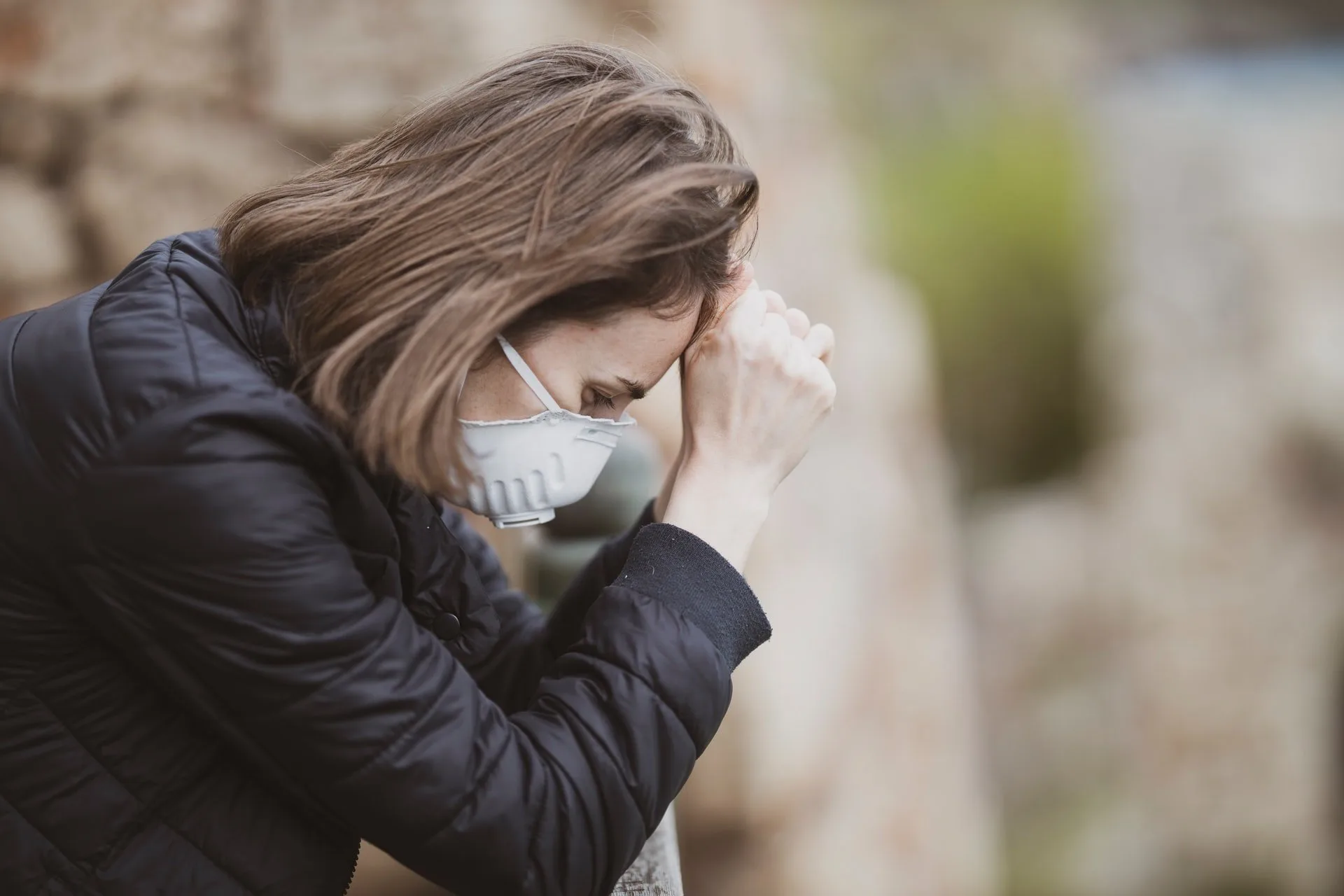The past three years have been a whirlwind of emotions. The COVID-19 pandemic disrupted our lives in so many different ways, so its effect on our mental health should really not be that surprising. In fact, a recent report from the leading global health regulatory body has revealed just how the pandemic has caused an increase in the incidences of mental health disorders like anxiety and depression.
COVID-19 Caused More Anxiety and Depression Cases
Earlier this month, the World Health Organization announced that, during the first year of the pandemic, the global prevalence of anxiety and depression shot up by a massive 25%;
“The COVID-19 pandemic has led to a 27.6% increase in cases of major depressive disorder (MDD) and a 25.6% increase in cases of anxiety disorders (AD) worldwide in 2020.”
What caused the increase?
According to the brief, the biggest contributing factors to the high levels of anxiety and depression were loneliness, grief, and the financial consequences of the pandemic.

Photo by engin akyurt on Unsplash
According to one Polish study published in Frontiers in Psychology, loneliness was correlated with anxiety and depression symptoms in young adults who implemented social distancing during the first 2 weeks of the state of epidemic threat in Poland.
Additionally, the study also found that increased worry about social isolation and heightened risk perception for financial problems was observed in lonelier individuals.
The WHO report also noted exhaustion (in healthcare workers) and positive COVID-19 diagnosis increased risk for suicidal thoughts.
Who was more affected?
“Our review found that females were more affected than males, and younger people, especially those aged between 20 and 24, were more affected than older adults.” – Tedros Adhanom Ghebreyesus, WHO Director-General.
Adhanom-Ghebreyesus also shared that the report’s findings revealed that young people are disproportionally at risk of suicidal and self-harming behavior. The brief also found that the greatest increases in depression and anxiety were found in places that were most affected by COVID-19, where infections were high and social interaction was restricted.
The brief also outlined that people with pre-existing physical health conditions, such as asthma, cancer, and heart disease, were more likely to develop symptoms of mental disorders.
The report also shared that while individuals with pre-existing mental disorders are not likely to be disproportionately vulnerable to COVID-19 infection, there is a higher chance of them having to deal with hospitalization, severe illness, and death compared to those without mental disorders.
Hurdles for those looking for care

Photo by Joice Kelly on Unsplash
Speaking on the report’s findings, Adhanom-Ghebreyesus shared how the increase in the prevalence of mental health problems is linked to severe disruptions to mental health services, as well as underscored chronic underinvestment in mental health, which has left huge gaps in care for those who need it most.
The WHO also noted that many countries have reported major disruptions to life-saving services for mental health, including suicide prevention. Now, while some services have been restored since the end of last year, Adhanom-Ghebreyesus points out that too many people still remain unable to get the care and support they require.
This is a wake-up call for global mental health
“The information we have now about the impact of COVID-19 on the world’s mental health is just the tip of the iceberg…This is a wake-up call to all countries to pay more attention to mental health and do a better job of supporting their populations’ mental health.”– Tedros Adhanom Ghebreyesus, WHO Director-General.
The reality is that we are in the midst of a mental health crisis. Thankfully, countries and governing bodies are looking to find ways to address this crisis.
For instance, WHO has been working with partners to provide guidance, tools, and resources for responders and the public, and by supporting countries to integrate mental health and psychosocial services.
The governing body has also revealed that 90% of countries are working to provide mental health and psychosocial support to COVID-19 patients and responders.
With the decrease in face-to-face interactions due to the pandemic, many individuals sought out help online. Unfortunately, this sheds light on the reality of the digital divide. It highlights how we need to make reliable and effective digital tools available as well as easily accessible.
“While the pandemic has generated interest in and concern for mental health, it has also revealed historical under-investment in mental health services. Countries must act urgently to ensure that mental health support is available to all,” – Dévora Kestel, director of the Department of Mental Health and Substance Use.
Want to know more?
From one crisis to another. Climate change is real, and it’s here, and now a new report has come out to reveal how these changing temperatures are affecting our mental health.
References
Okruszek, Ł., Aniszewska-Stańczuk, A., Piejka, A., Wiśniewska, M., & Żurek, K. (2020). Safe but Lonely? Loneliness, Anxiety, and Depression Symptoms and COVID-19. Frontiers in psychology, 11, 579181. https://doi.org/10.3389/fpsyg.2020.579181
https://www.who.int/publications/i/item/WHO-2019-nCoV-Sci_Brief-Mental_health-2022.1
https://news.un.org/en/story/2022/03/1113162





![women [longevity live]](https://longevitylive.com/wp-content/uploads/2020/01/photo-of-women-walking-down-the-street-1116984-100x100.jpg)










